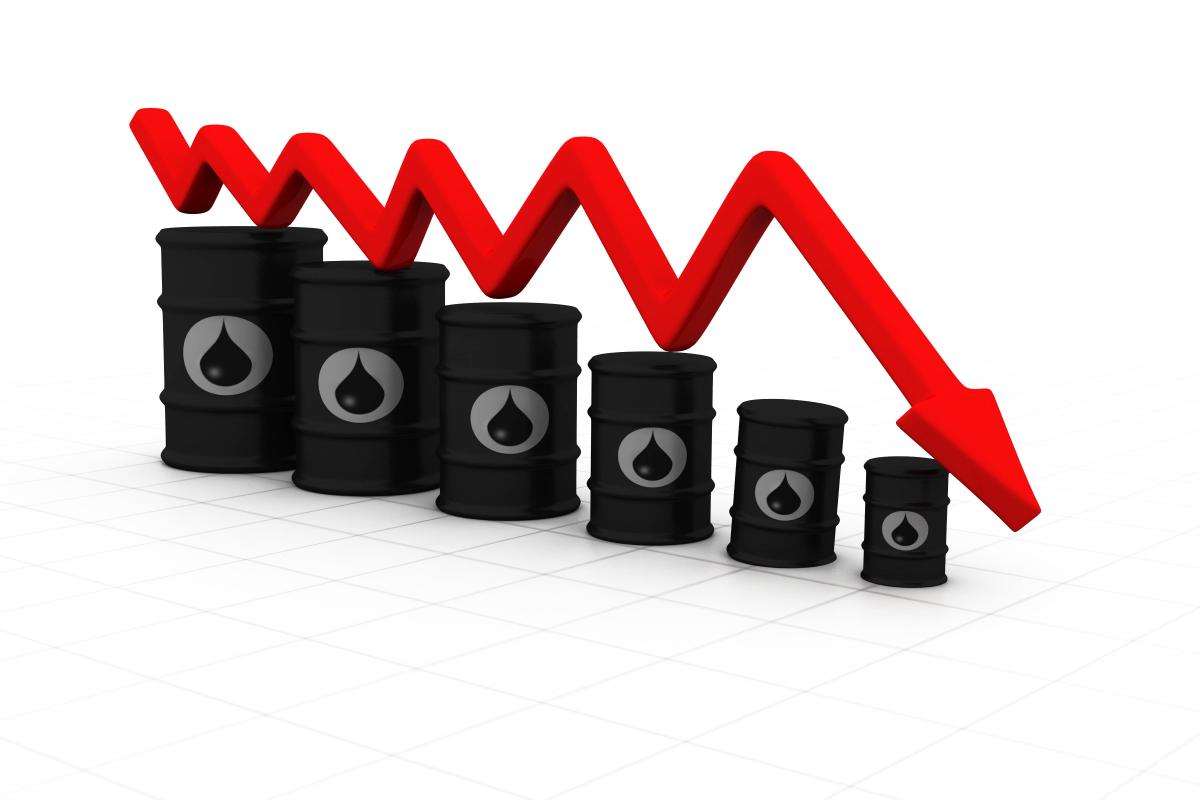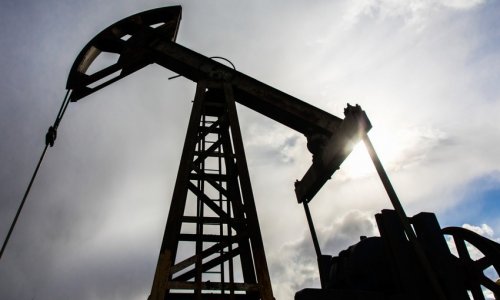Azerbaijan's main crude oil grade, Azeri Light, fell to its lowest price differential since at least 2010 on Friday, as physical oil cargoes in the Mediterranean and Atlantic basin continued to be hit by the weight of excess supplies, Reuters reported.
Russia's main export grade Urals has slumped to multi-month lows, West African cargoes are struggling to clear, and Brent-linked barrels in the North Sea are under pressure, indicating a near 50 percent flat price fall since June may continue.
In the Platts price assessment window on Friday, Azerbaijan's state oil company Socar reduced its offer of a cargo of Azeri Light for loading Dec. 22-26 to $1.05 above dated Brent, matching a low hit in 2010, when Reuters price data for the grade starts.
In the Baltic, Glencore sold Vitol a cargo of Urals at $2.20 below dated Brent for loading Dec. 22-26, the lowest since July, and the same price as a similar deal on Thursday.
No bids or offers were seen in the Mediterranean, but differentials have also fallen there this week to around $1.10 below dated Brent, the lowest level since September.
The weakness in physical cargo differentials is starting to mirror moves this summer, traders said, which were one of the warning signs of the subsequent near 50 percent drop in the flat price.
Brent crude oil futures fell 3 percent to a fresh 5-year low of $61.35 a barrel, with the International Energy Agency saying prices may fall further, revising its demand forecasts lower and its non-OPEC supply growth estimate higher.
Traders said Urals might take some support from relatively strong refining margins heading into the winter holiday period. The average plant in the Mediterranean cracking Urals was making around $3.90 a barrel on Friday, according to Reuters models, more than $1 a barrel above the year average.
ANN.Az
Follow us !











